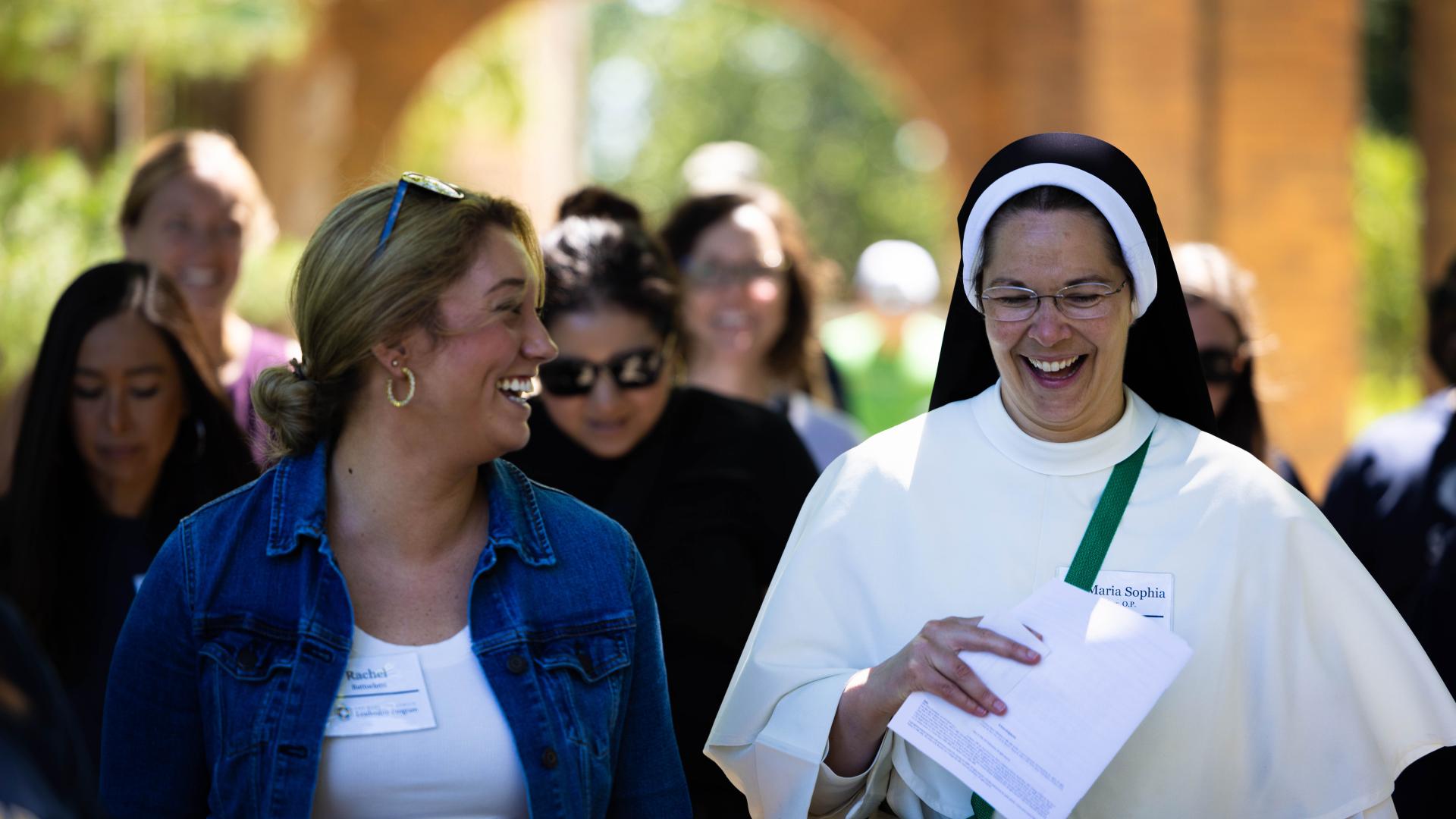Catholic school leaders are entrusted not only with overseeing academics and operations but
also with shaping the moral and spiritual tone of their communities. One of the most impactful
ways they do this is by modeling professionalism—an often misunderstood but deeply essential
part of leadership.
A significant shift I’ve had to make in my own leadership is rethinking professionalism through a
Catholic lens, rather than according to the world’s standards. One of the best gifts I’ve been
given as a leader is the book Redeeming Administration. The author Anne Garrido reminds us
that professionalism isn’t about status or appearances. “Professionalism is not a mask we wear
to look polished,” she writes. “It’s a way of being in the world that reflects integrity, respect, and
deep commitment to mission.” I’ve come to believe that for Catholic school leaders, this means
embracing our role as both administrators and ministers, setting a tone that blends competence
with Christ-like compassion.
Modeling professionalism in a Catholic context means demonstrating consistency,
transparency, and accountability. It also involves fostering a culture where everyone matters.
When we take those responsibilities seriously—whether that’s returning emails promptly,
preparing well for meetings, or upholding a mission-centered policy in the face of harsh
opposition—we communicate that everyone’s time and contributions are important. The way we
lead sets the standard for how others will act and respond.
But professionalism is not only about what leaders do; it’s about how we do it. Catholic
professionalism, at its core, is relational. It is rooted in the dignity of every human being and
animated by Gospel values. We must cultivate “a pastoral presence that listens deeply, speaks
truthfully, and acts justly.” In a school setting, this means addressing conflicts with courage and
compassion, providing timely and honest feedback to staff, and treating custodial and cafeteria
staff with the same respect given to your largest donor or board member.
Finally, Catholic school leaders must also model the integration of faith and work. In times of
stress or uncertainty, our ability to pray, reflect, and make principled decisions serves as a
powerful witness to our communities. “Our professionalism is most evident not in the easy
times, but in the moments when we are stretched—and still choose to respond with grace.” And
Lord knows, we could all use a little more grace.
Erich Hoffer, RLP 16
Executive Coach, Mary Ann Remick Leadership Program
Head of School - St. Hubert Catholic School
Models Professionalism
by Erich Hoffer

 Alliance for Catholic Education
Alliance for Catholic Education